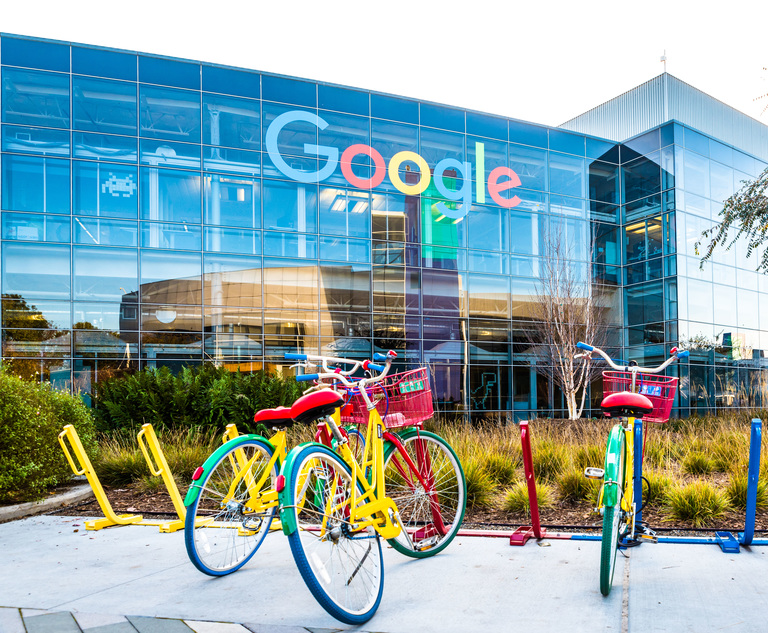The U.S. Supreme Court may find itself dabbling in the law of unintended consequences if it reverses a lower court ruling. In Booking.com v. United States Patent and Trademark Office, the U.S. Court of Appeals for the Fourth Circuit found that Booking.com was a descriptive mark recognizable by consumers as a brand, opening the door to the possibility that otherwise generic terms can be trademarked alongside top-level domains like .com or .law. But reserving that decision—or leaving it intact—is not without certain risks.
For starters, the U.S. Patent and Trademark Office has argued that allowing generic marks to be registered would discourage similar services from using very common descriptors such as ”booking” in their domain names. However, removing trademark protections from entities like lodging reservations site Booking.com could also potentially make it harder for companies to push back against cybersquatting or typo squatting.
This content has been archived. It is available through our partners, LexisNexis® and Bloomberg Law.
To view this content, please continue to their sites.
Not a Lexis Subscriber?
Subscribe Now
Not a Bloomberg Law Subscriber?
Subscribe Now
LexisNexis® and Bloomberg Law are third party online distributors of the broad collection of current and archived versions of ALM's legal news publications. LexisNexis® and Bloomberg Law customers are able to access and use ALM's content, including content from the National Law Journal, The American Lawyer, Legaltech News, The New York Law Journal, and Corporate Counsel, as well as other sources of legal information.
For questions call 1-877-256-2472 or contact us at [email protected]








